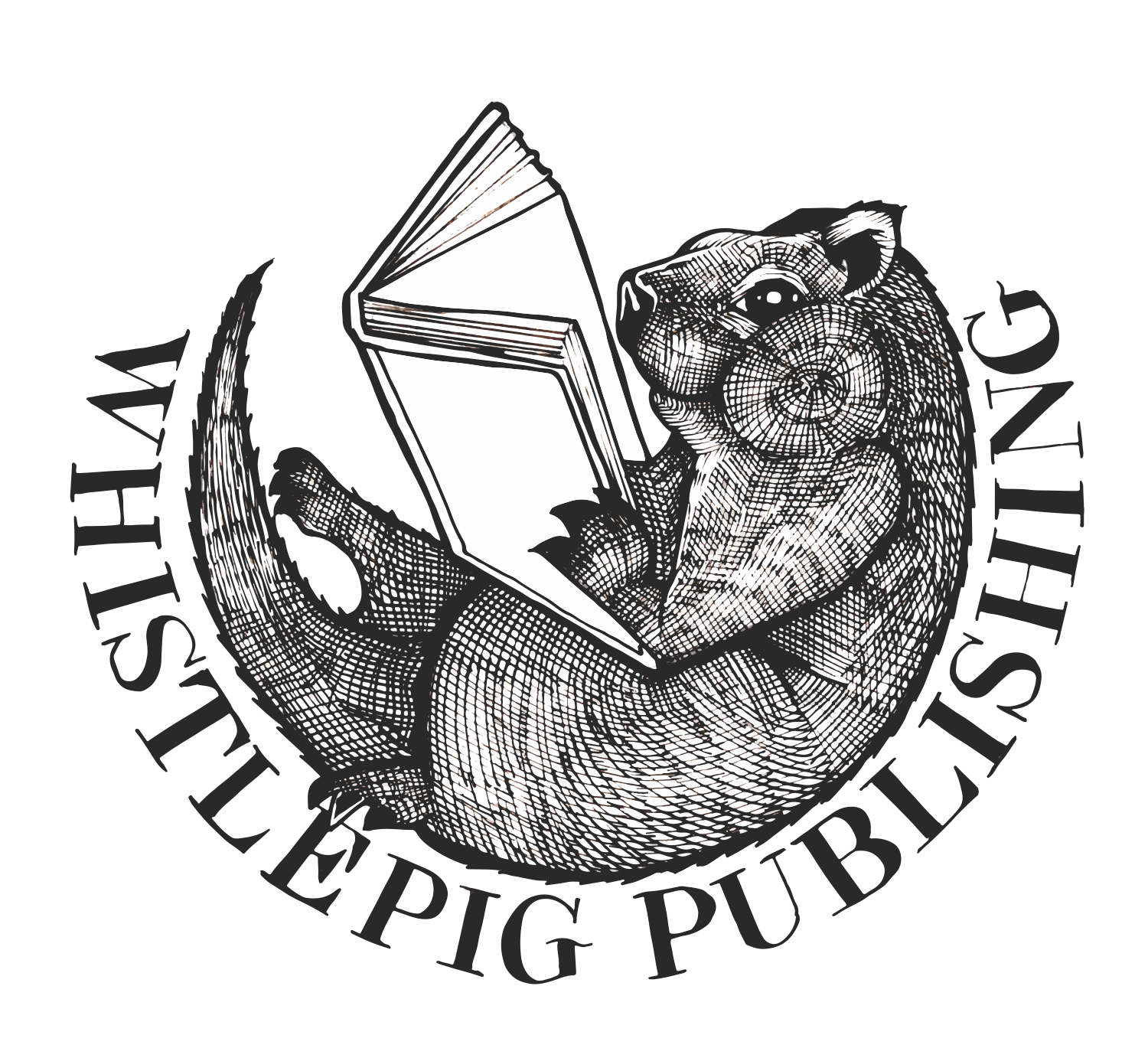In today’s competitive literary landscape, authors often grapple with the challenge of making their books stand out. Understanding the nuances of book marketing is crucial to ensure your work reaches its intended audience. This guide addresses common questions authors have about book marketing and offers actionable strategies to enhance your promotional efforts.

1. What are the foundational steps in marketing my book?
Before diving into promotional activities, it’s essential to:
- Identify Your Target Audience: Determine who your readers are based on demographics, interests, and reading habits.
- Set Clear Objectives: Define what you aim to achieve—be it brand recognition, establishing authority, or driving sales.
- Develop a Marketing Plan: Outline strategies, timelines, and resources to guide your promotional efforts.
By clarifying your goals and understanding your audience, you can tailor your marketing strategies effectively.

2. How can I effectively promote my book on a limited budget?
Cost-effective marketing strategies include:
- Leveraging Social Media: Engage with readers on platforms like Instagram, Twitter, and Facebook to build a community.
- Utilizing Email Marketing: Create a newsletter to share updates, exclusive content, and promotions with subscribers.
- Participating in Online Communities: Join forums and groups related to your genre to connect with potential readers.
- Collaborating with Other Authors: Cross-promote with fellow writers to expand your reach.
These approaches can help you connect with your audience without significant financial investment.
3. What are common pitfalls in book marketing, and how can I avoid them?
Authors often encounter challenges such as:
- Lack of Planning: Without a strategic plan, marketing efforts can become disjointed and ineffective.
- Targeting the Wrong Audience: Misidentifying your readership can lead to wasted resources and minimal engagement.
- Neglecting Long-Term Marketing: Focusing solely on the launch period can hinder sustained sales growth.
To overcome these obstacles, develop a comprehensive marketing plan, accurately identify your target audience, and commit to ongoing promotional activities.
4. How can I measure the success of my book marketing efforts?
Key performance indicators (KPIs) to monitor include:
- Sales Figures: Track the number of books sold over specific periods.
- Website Traffic: Analyze visits to your author website or blog.
- Engagement Metrics: Assess likes, shares, comments, and follows on social media platforms.
- Email Open Rates: Evaluate the effectiveness of your email campaigns.
Regularly reviewing these metrics allows you to adjust your strategies for optimal results.

5. How important is an author platform in book marketing?
An established author platform is vital as it:
- Builds Credibility: Demonstrates your authority and expertise in your genre.
- Engages Readers: Facilitates direct communication with your audience, fostering loyalty.
- Enhances Visibility: Increases your presence across various channels, attracting potential readers.
Investing time in developing your platform can significantly impact your book’s success.
By addressing these common questions and implementing the suggested strategies, authors can navigate the complexities of book marketing more effectively, ensuring their work reaches and resonates with the desired audience.
For more insights on book marketing, consider exploring resources like Smith Publicity and A Marketing Expert.
If you enjoyed this post and want to support my work, please consider exploring my books! You can find them all here .


